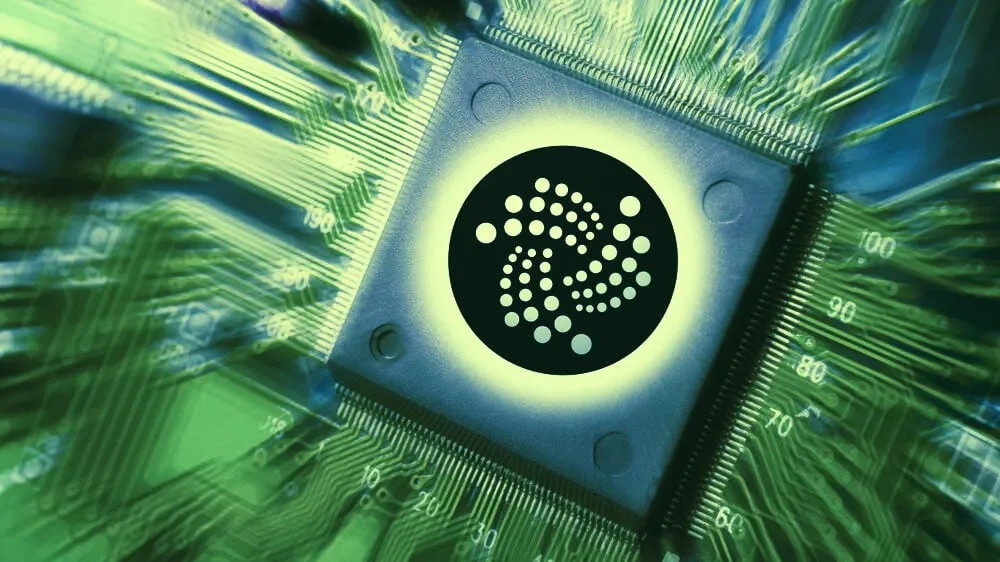Software developer Christian Oosting has designed and built a prototype of a connected micropayment device that can be used specifically for cryptocurrencies.
The device, called Espiota, is fully configurable, requires no knowledge in software development and allows any electricity-powered machine to receive IOTA.
While it is only a prototype, this is the one of the first of many devices designed for making micropayments on an Internet of Things (IoT) network. IoT refers to the idea of connected devices together and enabling them to communicate and make payments between them autonomously.
Oosting has created two versions. The first contains a display that will show the current balance, remaining time and a QR code and can be connected by people with basic knowledge in electricity. Meanwhile, the second model is smaller and can be put into the machine.
Espiota has been designed to support a plethora of operating modes, although pay-for-time will be the default mode. Oosting explained, “The owner specifies a time period (seconds, minutes, hours, days, weeks) and the price in IOTA to use the air condition for the chosen period.
“He could configure Espiota to activate the air condition for a price of 10 Miota a day. When a guest pays 10 Miota to the specified address, Espiota activates the air condition for 24 hours.”
The device uses WiFi connections to communicate with the IOTA network and to be configured. Oosting went on to explain. “If no valid credentials for an existing WIFI network have been found (this happens when connecting in a new environment for the first time), Espiota acts as an access point, which allows to choose a network and to enter the password.”
To test his concepts, Oosting developed a prototype and connected it to an unused smart car through three wires. He said this was “super easy,” and because both models run on 5V, there’s no need for a voltage converter or relay.
Having tested his prototype, Oosting said his vision is to “create a shippable and secure product compliant with the law in Germany.” Future models could be designed for smart homes and be integrated into smart plugs.

